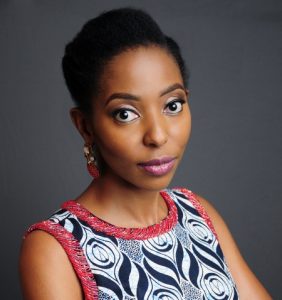By Samson Echenim
She added that this development highlights the importance of supporting real private sector indigenous companies, as “only indigenous companies will have the stamina, staying power and passion to build new businesses over 10 to 20 years. According to her, 80 percent of the 680 million new jobs the world needs will be created by SME’s and larger indigenous companies such as LADOL.
She described LADOL as a model for new economic diversification stating, “We spent the last three years perfecting this master plan and we are now rolling it out. The company is now leveraging revenues from servicing the petroleum sector to complete the development of the remainder of the Zone as a completely sustainable ecosystem and circular economy.”
She added, “LADOL is the largest 100 percent private, 100 percent indigenous industrial special economic zone in Nigeria. Over the last 18 years the investors have attracted $500 million into the zone, transforming a disused swamp into a world class integrated logistics base and the largest fabrication and integration Yard in West Africa, with the highest lifting capacity in Africa.
“At LADOL, we focus on tackling high value activities, taking on projects that have never been done in Nigeria before. This opens up the market and has a multiplier effect on job creation of between five and 10. That is, for every job created in LADOL, between five and 10 are created outside LADOL.”
According to a statement by Kunle Kalejaiye, LADOL’s corporate communications manager, Jadeisimi was joined on the panel by, Arkebe Oqubay, senior minister and special adviser to the Ethiopian Prime Minister, Jong-Dae Park, ambassador of the Republic of Korea to South Africa, Felix Fernández-Shaw, director, Development and International Co-operation, EU and the moderator was María Teresa Fernández De La Vega, cChair, Women’s Foundation for Africa.
The dialogues throughout the day built on the findings of the Africa’s Development Dynamics 2019: Achieving Productive Transformation report, which is the first economic report produced by the African Union Commission, in collaboration with the Development Centre.
The Forum was organised by the OECD Development Centre and the African Union Commission, in collaboration with Casa Árabe, Casa África and the Spanish Ministry of Foreign Affairs, European Union and Cooperation.









